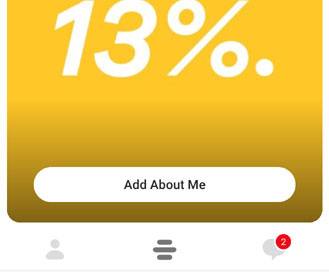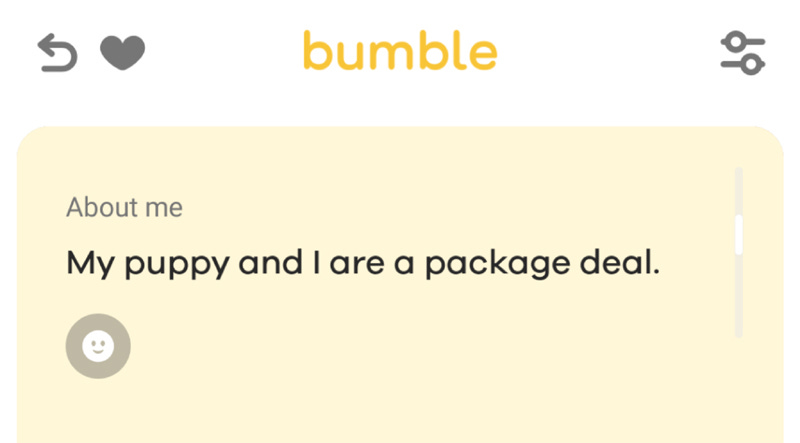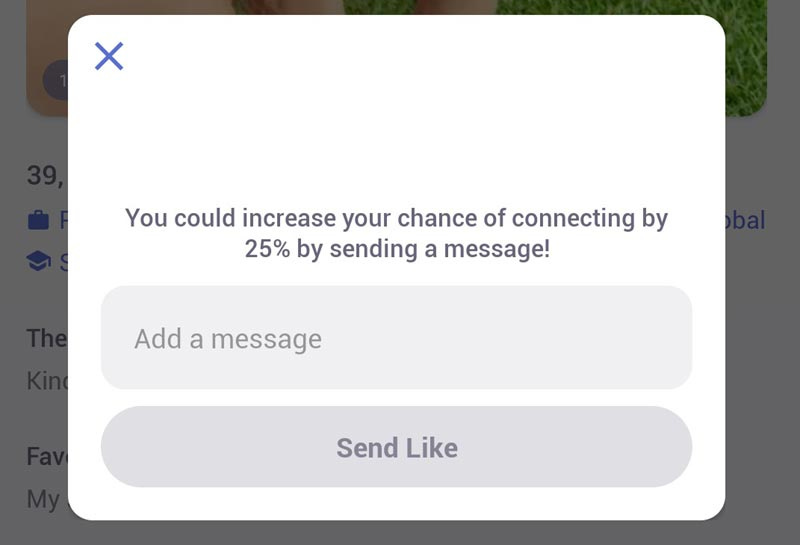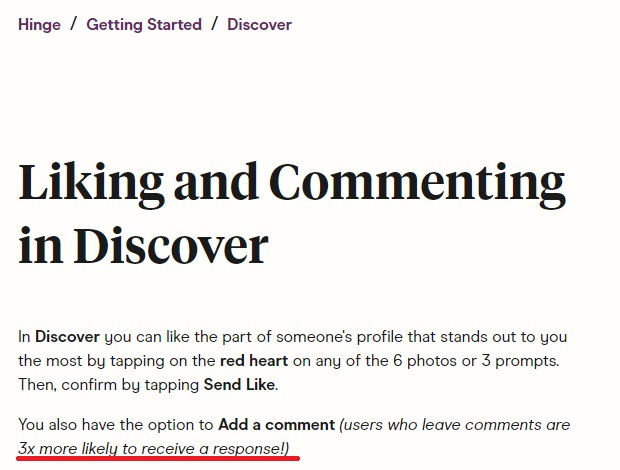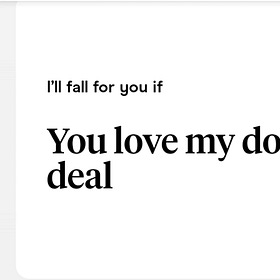Data & Dating - How Overthinking Things Can Sabotage Likes, Messages & Matches
How dating has gotten to where it is, dating paralysis by analysis, and limitations and biases of numbers and dating while dating. How to stop overthinking when dating, overthining early dating.
Related reads:
Modern Dating by Eddie is written by Eddie Hernandez, dating coach based in San Francisco. He works with men & women seeking long-term relationships.
Unlike other dating coaches, he doesn’t deliver hot takes on Instagram or Tik-Tok, doesn’t go into red-pill theories nor does he overlook personal experiences when working with clients one-on-one.
He focuses on the building blocks of successful dating attributes like:
first impressions, social skills, hygiene, body language
photos, bios, prompts, messages, strategy, timing
filtering profiles, understanding preferences and deal-breakers
ID’ing red flags, cutting off time-wasters & reading people
Read more about him here: https://moderndatingbyeddie.substack.com/about
Back in the day, before dating apps, there was less information out there about potential love interests. This forced people to ask questions, read people, exchange contact information, talk on the phone and plan dates if they wanted to meet others.
If someone was interested in you enough to ask for your phone number, you were certain they would call. Similarly, if someone gave you their phone number, you would expect them to pick up.
Dating was much simpler then and it still can be, but only if you want it to be and if you are willing to do something about it.
Overthinking Early Stages Of Dating
These days, people have way too much data than they know what to do with it. Couple that with the explosion of dating apps, covid, increased loneliness, reliance on technology to feed yourself, wash your clothes, transport you etc., there has been a regression in social skills, ability to read others and willingness to be vulnerable without some certainty via like, comment or super-swipe.
People lack the ability to see things beyond numbers and use judgment when acting on nuggets of data supplied to them by dating apps, coaches, journalists, podcasts, studies and friends.
Take for instance the stat below by Bumble. It says completing the about me section of a dating profile will increase chances of matching by 13%. Sounds great but what does that mean?
It means that on average, people with completed about me sections in their profile, see 13% more matches than those that don’t complet this section.
It doesn’t mean that every person who completes this section will get more matches.
In fact, completing your about me section can yield fewer matches if it is lame, generic, low-effort, jaded or reveals nothing about you (example below).
Data with context and nuance likely won’t improve your dating life if you can’t look beyond the numbers. Similarly, stating the obvious (like in the bio above) wastes precious space and suggests you have no other redeeming qualities or at least nothing else to talk about, share etc.
Online Dating Stats
Here is another example from Bumble in their year end review a while back. It states that users with 6 photos get the most matches on their platform.
Great! I’ll add a few more photos and I will get more matches - wrong!
What it is saying is that on average, people with 6 photos get more matches than those without 6 photos but what it doesn’t say is that people are only as attractive as their worst photos so adding that 5th & 6th photo could sabotage your efforts especially if they are unflattering.
What it also leaves out is that if you add photos that raise doubt about your height (posing with taller people), your appearance (different hair color, different facial hair, different weight etc.) is that it can cause people to question what you look like now and who might show up on a first date.
Similarly, if the additional photos added are too similar i.e. are all selfies, are all taken from weird high angles for slimming effects or appear to be taken inside your home, it can suggest your are a homebody, lack friends or are trying to hide your weight those observations and give people pause about who they are matching with.
Can you see where I am going here? We have a generation of folks looking for hacks, quick fixes and want to be told what to do rather than carefully think about decisions and actions all because they are trying to maximize odds vs optimize on authenticity, vulnerability, and individuality.
Overthinking Texting Dating
These next two stats deal with commenting and likes on dating apps (Coffee Meets Bagel and Hinge respectively)
The first one states that sending a comment with a like will yield a 25% higher chance of securing a match vs sending a like alone (similarly, the graphic below from Hinge claims to up a 3x increase in responses from matches if a comment is sent with a like).
This seems like a no-brainer. I’ll even give you the benefit of the doubt and assume you sent a custom message that shows some effort. That should do it, right? Wrong.
This data point does not factor all the variables that are associated with sending a message with a like.
Sending a comment with a like at 2am on a Saturday night vs 6pm on a Sunday at 6pm will have different outcomes, on average.
Your custom message won’t make a difference if it happens to be seen dozens of times already by the person you sent it to.
There will likely be no increase in response or match rate if you ignored things like religion, intentions, location, lifestyle choices, politics.
Overthinking Dating Someone
Data without focus and strategy won’t do much for your dating life unless you are smart about it. Dating apps are not meant to be easier - they are simply another outlet to meet people outside your social circles, routine and immediate vicinity.
Timing matters.
Being unique matters.
Being interesting matters.
Showing effort and showing you paid attention matters.
Even if you do everything ‘right’ on a dating profile and with messaging, that might not be enough - you can still fail miserably. Similarly, you can ignore all the advice and do better i.e.
upload only 1 photo but have it be a stitched image of 9 awesome photos consolidated into one.
not send any comments with likes and still get more matches (possible if you have a stellar profile)
leave your about me blank but kick-ass filling out the three prompts in your profile to convey who you are, how you spend your time and what you seek (with specifics, details).
Data is great but only if you know how to interpret it correctly and how to use it correctly. You can’t ignore other areas that are implied like basic hygiene, grooming, social skills; hobbies, interests and lifestyle choices; and timing, focus, self-awareness and nuance.
Have Dating Apps Ruined Dating? Are Dating Apps Worth It?
The answer to the first question is yes, absolutely. They have commoditized individuals, worsened depression in others and provide false sense of interest and connection for others.
The answer to the second is also yes, but only in certain circumstances and only if you don’t rely on it for all or even most of your dating efforts (and no, you don’t have to be 6ft tall or a 9 and above looks-wise to do well (whatever that means).
Things are never black and white, all or nothing, yes or no. There is a lot of nuance, and dissecting data and experiences in the gray zone of ambiguity, mixed signals, incomplete information and conflicting signs.
For those who struggle with dating, stay tuned for more tips and advice from someone who is a data geek but also understand the limits and biases of data.
